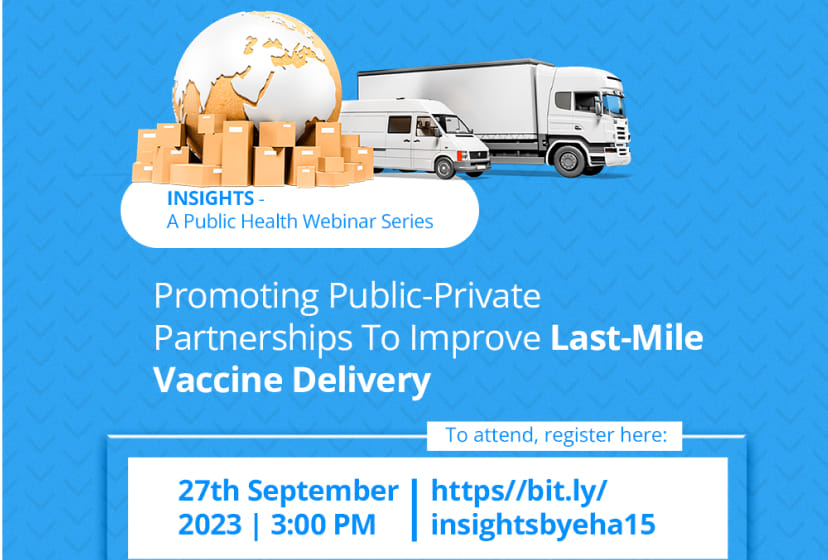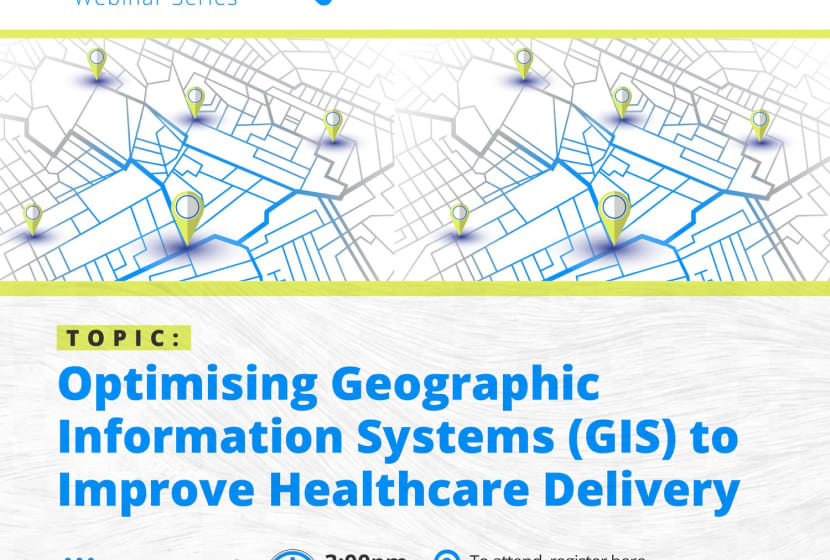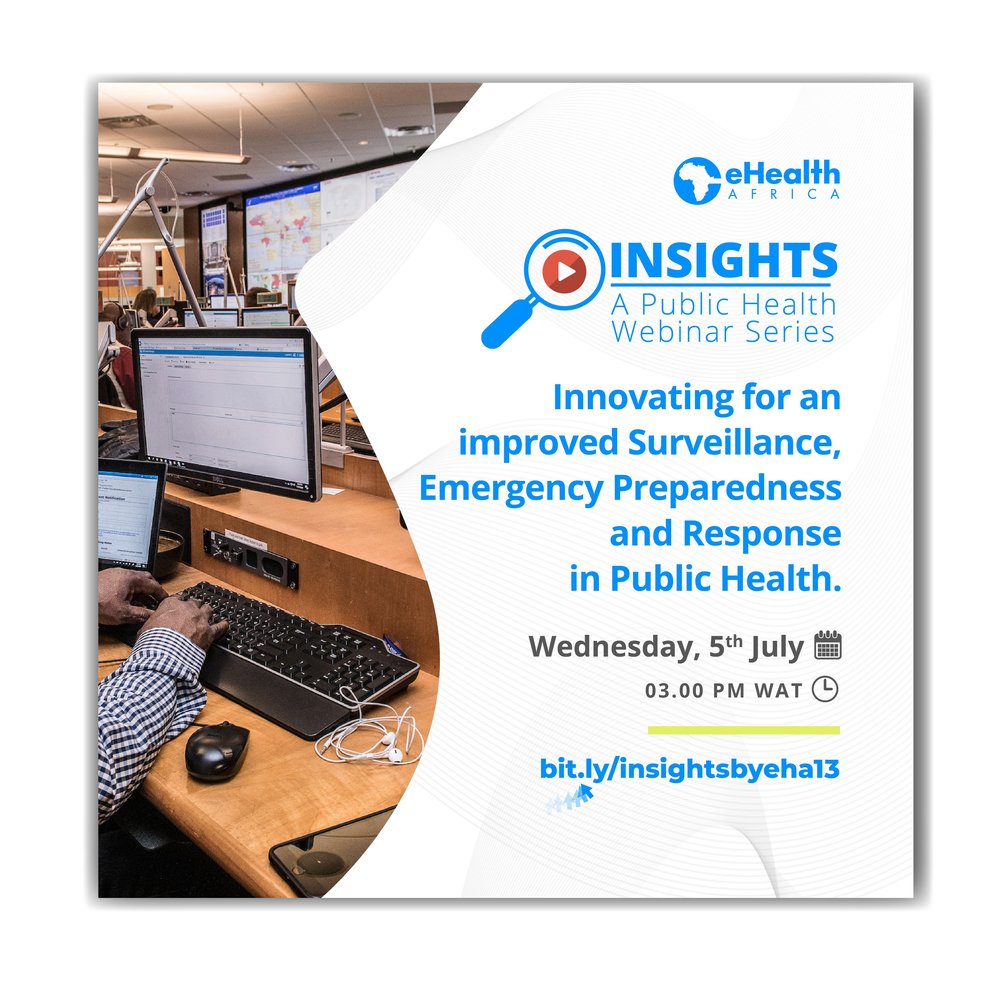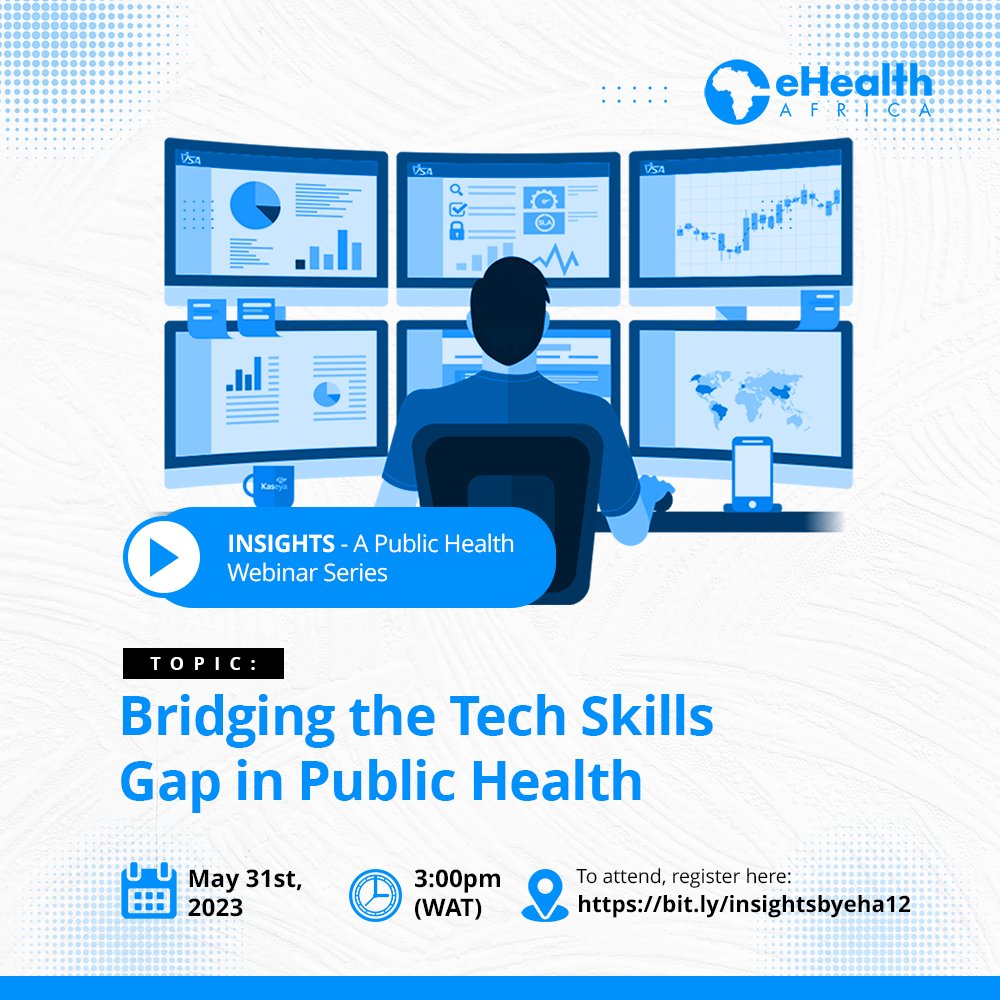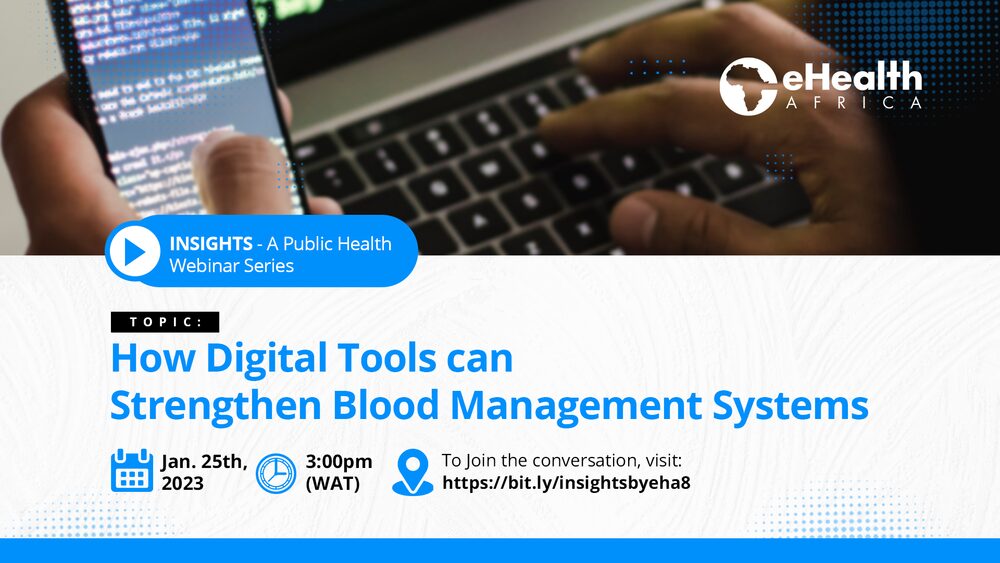The November Insights Webinar featured an array of experts cutting across the Academia, Government Ministries, Agencies and Non-Governmental Organisations as we dissected critical emerging trends and opportunities in Health Information Management Systems. Important. The panelists reiterated the fact that Health Information is a foundational component and a very important building block in Healthcare and thus is a priority area in the National Strategic Health Development plan.
Similarly, the panelist from the Government perspective reiterated that the Health Information Management system is a crucial component and one of the factors that will determine the achievement of Nigeria’s Universal health coverage goal. Thus, beyond the deployment of Hardware and software for effective Health Information Management Systems, the cost of connectivity also remains crucial in ensuring efficacy.
He said the usage of Information Management systems across every sector is getting wider as stakeholders continue to understand the importance of data in decision making. Thus there is a need to have credible high quality data to inform objective and impactful decisions to improve healthcare delivery.
Importantly, Health Information Management Systems has consistently guided Humanitarian interventions in complex and dynamic environments to understand victims and beneficiaries especially during public health emergencies. At the National level, there are significant trends in Health Information Management systems in a country like Nigeria. This according to one of the panelists is due to key reforms which have improved the contribution of Information Communication Technology to other sectors and also to the nation’s Gross Domestic Product.
Stakeholders Call for need for further collaborations across multiple sectors including academia, local communities, Government agencies, young people and startups to improve Health Information Management Systems especially in Low and Medium Income countries.
Moderator
- Israel Cheuka Chauke – Program Manager iMMAP –
Panelists
Emeka Nwankwo- Digital held Desk Officer, Department of Health Planning Research and Statistics, Federal Ministry of Health, Nigeria
Abdulhamid Yahaya – Deputy Director, Global Health Informatics in ICT Services, ehealth Africa
Dr Audu Liman – Head of Atiku Institute for Development, American University of Nigeria
Sulaiman Badamasi – Research and Data Analyst -iMMAP
Faysal Barau – Information Management Officer- Office for the Coordination of Humanitarian Affairs (OCHA)
Engr. Usman Maaruf Yakubu, – Digital Economy Development Department, National Information Technology Development Agency (NITDA)

